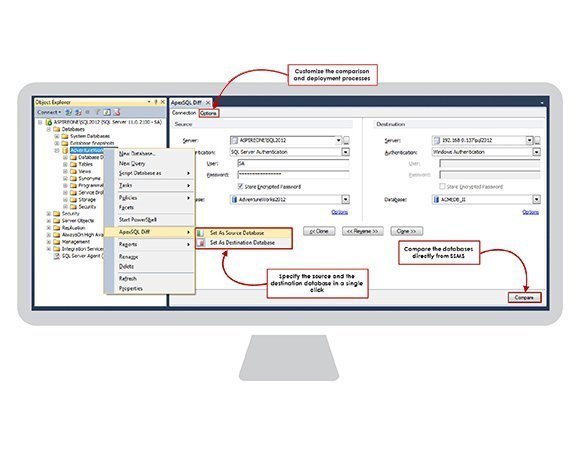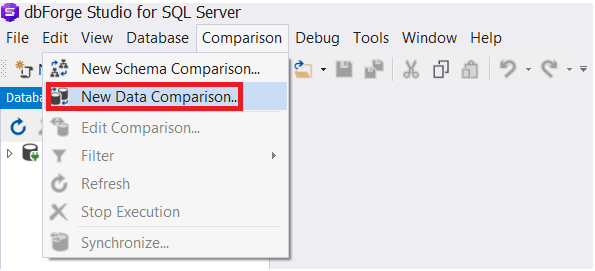Sql Server Database Compare Tool
Posted : admin On 3/1/2019Traditionally, consulting a professional astrologer is how one receives birth chart information, but today it's easy to find your birth (or natal) chart from an online source. The birth chart also allows you to study the relationships between the planets, called the aspects. For sincere enthusiasts of astrology, a birth chart is a tool for making decisions and understanding themselves and others, while for others it is simply good fun and fuel for conversation. The list given here shows three websites that offer high-quality birth charts. Free printable books of astrology chart.

Sql Server Data Tools For Visual Studio 2013

Sql Server Database Schema Compare Tool Free

OpenDBDiff A database comparison tool for Microsoft SQL Server 2005+ that reports schema differences and creates a synchronization script. Open DBDiff can synchronize • Tables (including Table Options like vardecimal, text in row, etc.) • Columns (including Computed Columns, XML options, Identities, etc.) • Constraints • Indexes (and XML Indexes) • XML Schemas • Table Types • User Data Types (UDT) • CLR Objects (Assemblies, CLR-UDT, CLR-Store Procedure, CLR-Triggers) • Triggers (including DDL Triggers) • Synonyms • Schemas • File groups • Views • Functions • Store Procedures • Partition Functions/Schemes • Users • Roles Icons provided from under under a Creative Commons Attribution 3.0 License.
By: Last Updated: 2018-05-05 Related Tips: > Problem There is often the need to compare both data and database structures from two databases either on the same server or on different servers. Most text editors have a built-in process to allow you to do a diff and identify any differences between the two files, but comparing data is not quite that easy. Using this diff process is great if you only want to compare a few files, but what if you need to scan your entire database to look for differences? As with anything you can always create your own application to automate the comparison process. You could cursor through all of the tables read the T-SQL from one server, get the T-SQL for the same object from the other server and do a comparison. To compare the data you can write scripts that read row by row and do a comparison of the data. But why bother when there are so many products out there already.